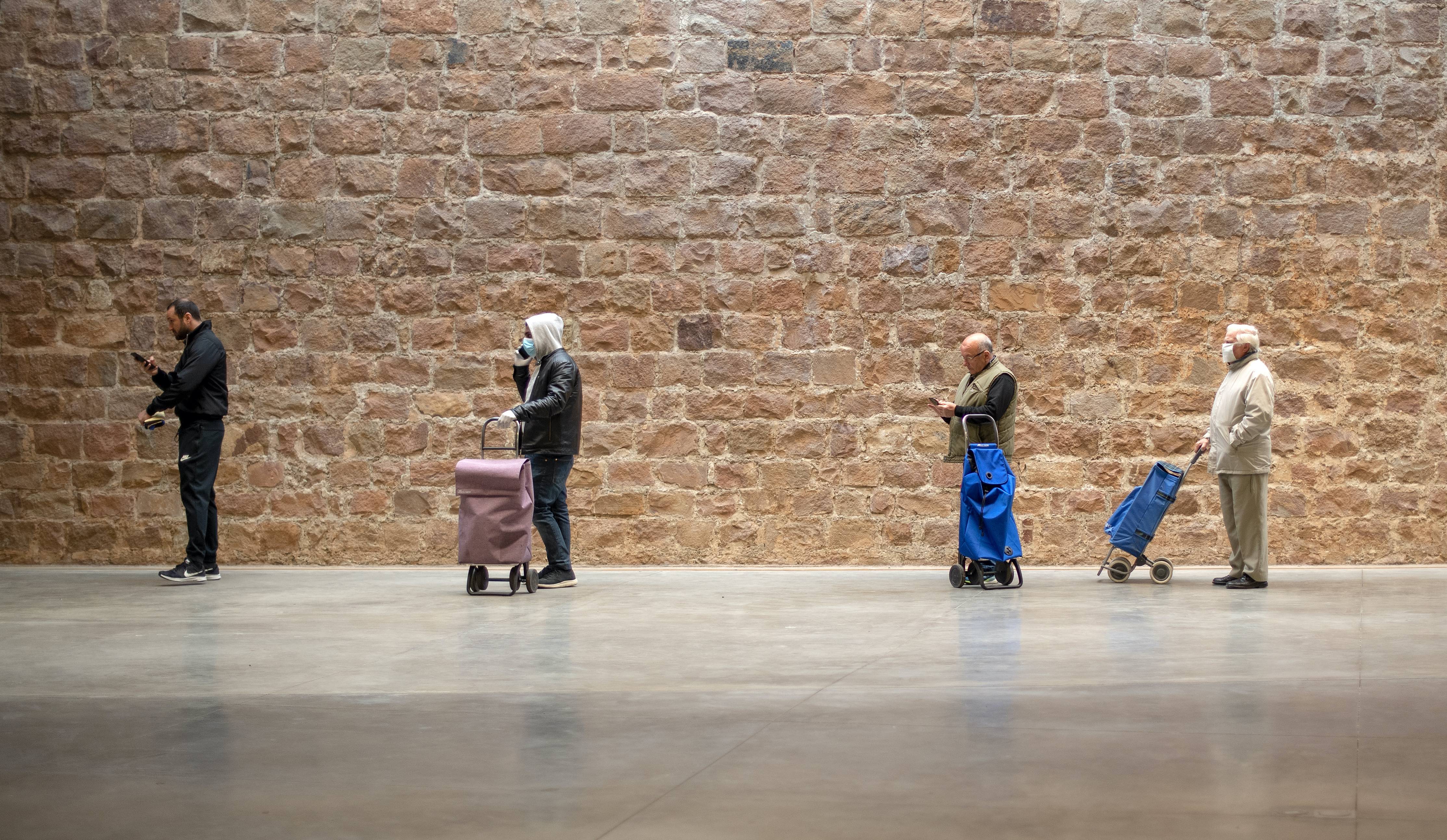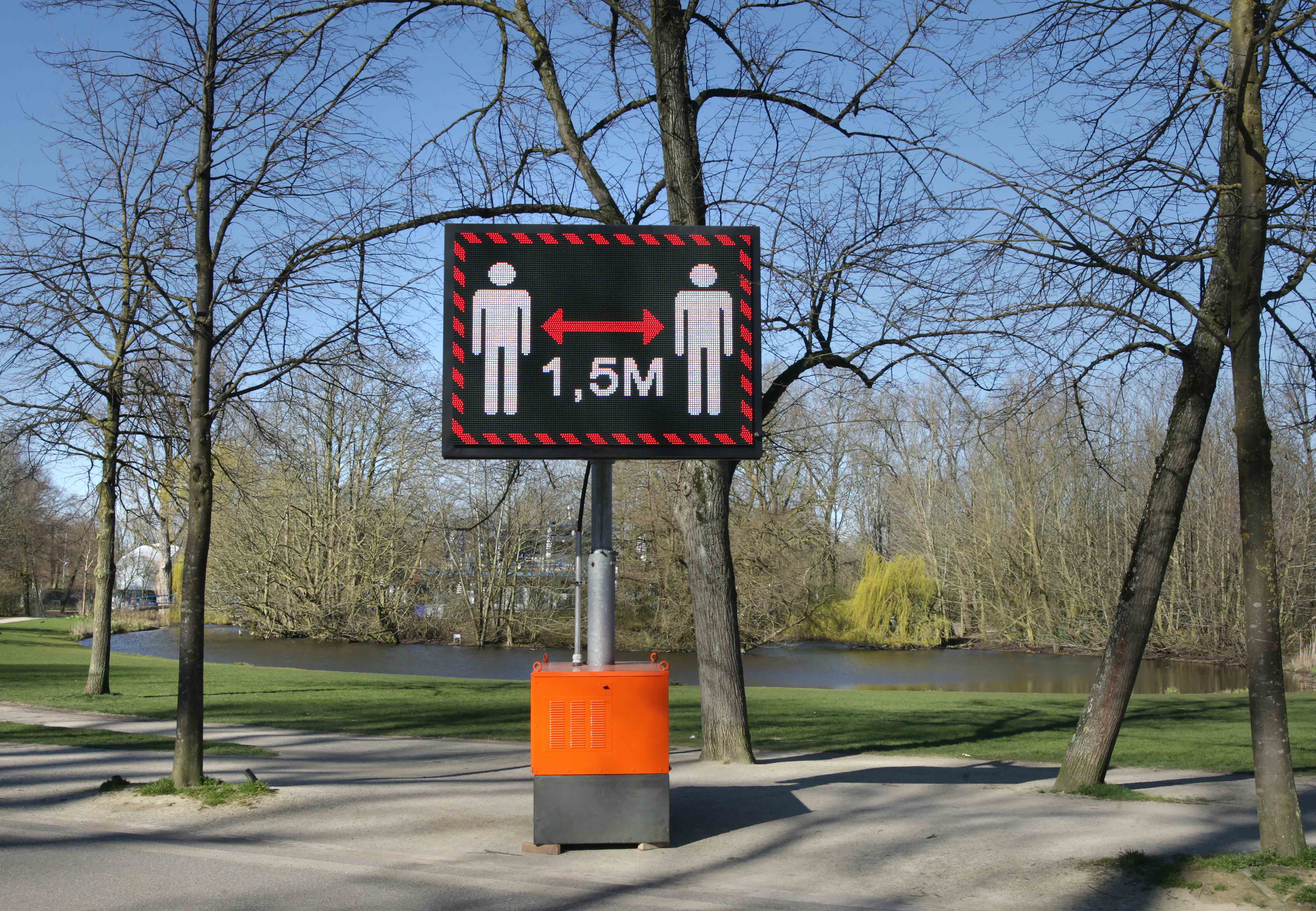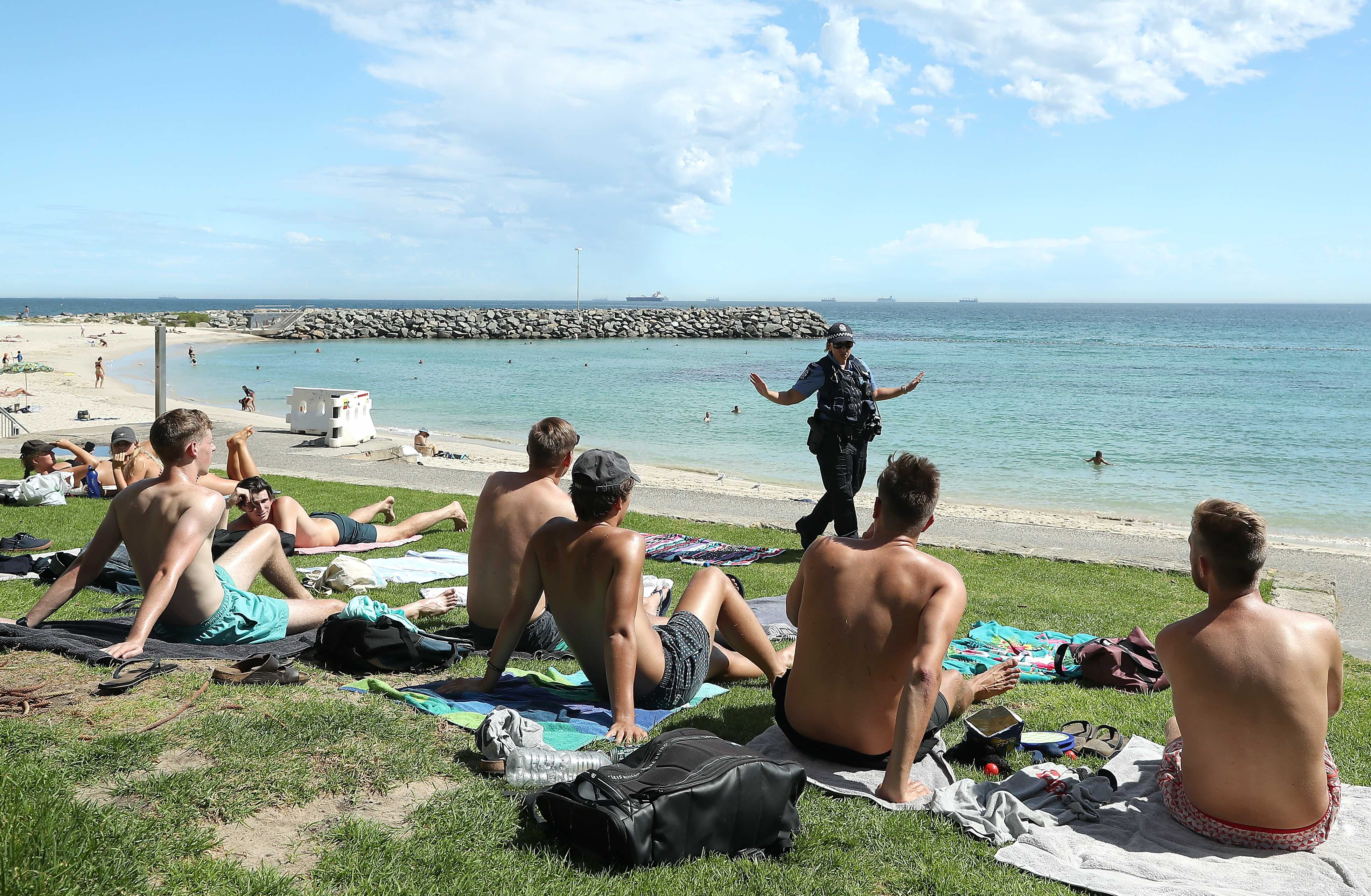
The COVID-19 responsibility we all own

Call it common sense or call it ‘self-leadership’, as citizens, we all have a responsibility to heed the current health advice or risk increasingly severe government restrictions
Published 3 April 2020
Australia’s states have come down hard on social interactions, following Prime Minister Scott Morrison’s move to limit gatherings to no more than two people.
Most of the states, including Victoria and New South Wales, have banned leaving home except for essential purposes like shopping or medical appointments, with large fines and even jail time for those who break the rules.

“The sacrifice we make as individuals is the protect everyone across the board,” said Victoria’s Chief Health Officer Brett Sutton.
What we’re seeing, both here and around the world, is governments walking a very fine line; attempting to balance society’s health benefits with the potential economic costs of the pandemic, and balance our personal freedoms with public restrictions for our own good.
However, the more people that flout these restrictions, the more likely the government is to impose more.

My research looks at how we can balance government-imposed sanctions with our own behaviour, inspired by traditional ideas of civic republicanism in Ancient Greece, the Italian Republics and more recent developments in democracy.
A well-known example is featured in Homer’s The Odyssey, where the hero Odysseus binds himself to the mast of the ship while passing the beautiful but deadly songs of the sirens.
Odysseus knows he will be tempted by the sirens’ song – but also that it will lead him and his crew to shipwreck on the rocks. By curtailing his own freedoms, he saves the ship.
In the same way, if we choose to confine ourselves to our homes as much as possible, we can each play our part in reducing deaths from COVID-19.

An ethical tragedy
Governments around the world are taking all of these steps in order avoid the ethical tragedy of doctors having to choose who to save.
It’s a terrible choice we’ve seen faced by doctors in Italy and Spain.
Italy has suffered the deadliest outbreak of coronavirus in the world with more deaths recorded than in China, in part due to its older population profile.

Health & Medicine
Protecting our ageing population from COVID-19
According to some reports out of northern Italy, only patients under 60 are getting ventilators.
Having watched the Italian horror unfold, the Spanish Society of Critical Intensive Care Medicine and Coronary Units drafted an ethical guide to help doctors make these awful decisions.
The text recommends that priority should be given to patients with the greatest life expectancy, taking into account quality-of-life considerations and that “age should not be the only element to consider in assignation strategies”.
Australian disease modelling suggests a similar scenario will play out in our country in the coming weeks, unless the government implements effective social distancing measure, and citizens actually take heed of them.

Social distancing and self-leadership
Despite government health warnings, we saw Australians continue to gather in large groups – on Victoria’s beaches, on Bondi beach and in city bars and clubs. There are similar examples from overseas.
As a result, the government was left with little choice but to implement stronger measures.
And this highlights the problem of responding to the pandemic in a liberal democracy like Australia. The government can set the guidelines and health advisories, but it is actually up to all of us to take steps as individuals to listen and think about the impact of our own actions.

Health & Medicine
The maths and ethics of minimising COVID-19 deaths
In leadership studies, we call this “self-leadership”, or the responsibility we take over our own actions. Just as leaders of organisations and governments have to manage other people, self-leadership is about managing ourselves.
In particular during COVID-19, we can use a form of self-leadership known as “intelligent self-binding”. Like Odysseus binding himself to the mast of his ship, this requires us to take the call to stay home seriously – setting up routines and rituals to make restricted living more comfortable.
Practising extra hygiene and stocking up on some basic supplies, without panic-buying, is another element, while taking extra caution to maintain space around us.

But it’s also about reducing face-to-face interaction to an absolute minimum and limiting our use of public spaces.
Even dinner with friends can be problematic at this point of the crisis, let alone clustering at the beaches. What the beach crowds and groups heading out on a Friday night display is a lack of self-leadership.
Personal responsibility
Self-leadership at the moment means that we should all stay at home whenever and wherever possible – isolation is a key component of any pandemic fight; act fast, isolate, break up social clustering.

Health & Medicine
How to take care of yourself if you have COVID-19
If we don’t take up these responsibilities ourselves, the government will have to step in, and in some places that has already happened.
In the UK, police will be able to issue “unlimited fines” to those who don’t comply with new rules on social distancing. And here in Australia, Victorian premier, Daniel Andrews has put together a force of 500 police to enforce social distancing measures. The latest rules announced by the states give even further powers to the police.
None of us want that if we can avoid it.
This is why self-leadership of citizens must go hand-in-hand with government action.
The more Australian bind themselves to rules of self-governance in this crisis, the more individual freedom we can preserve – even in the eye of the storm.
Perhaps it’s time to read Homer again, at home. As far as I am concerned, that’s all the tragedy I need right now.
Banner: Getty Images
